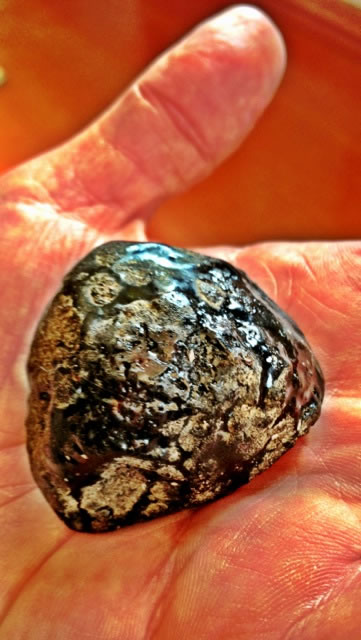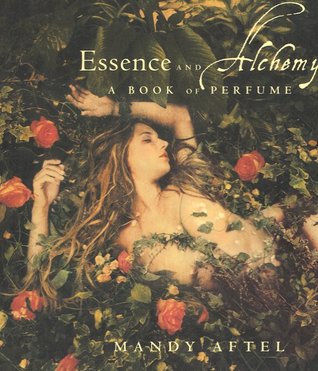

If it is true that a perfume is able to bring you back in time and make you feel the sensation of happiness or enthusiasm, think about your wedding day and the custom perfume created for that day. This premise to explain that the use of smell in marketing and business opens up roads that you would never have thought of. I then recalled the times when my mother was the only womanly being who could bring me joy and sorrow, longing and despair, but who time and again forgave me everything, and who always looked after me, and perhaps even secretly in the evening before going to bed prayed for my future happiness … And at long last I did: Peau d’Espagne, Pinaud, Paris. And one day I dragged from perfumery to perfumery, hoping by means of tiny sample vials of the perfume from the writing table of my beloved deceased mother to discover its name. Later on, fate overtook us like an unexpected horde of Huns and rained heavy blows down on us. I associated this perfume with every love, tenderness, friendship, longing, and sadness there is. “ As a child I found in a drawer in my beloved, wonderfully beautiful mother’s writing table, which was made of mahogany and cut glass, an empty little bottle that still retained the strong fragrance of a certain perfume that was unknown to me. To explain how powerful the sense of smell is and to describe its power to convey with imagination to moments of past life, we present you the following text of Peter Altenberg, one of the Vienna Coffeehouse Wits. These preferences are explained by good and bad experiences associated with particular scents. Our olfactory receptors are directly connected to the limbic system, the most ancient and primitive part of the brain, which is thought to be the seat of emotion.Īs well, scent-preferences are often a highly personal matter, to do with specific memories and associations. The association of fragrance and emotion is not an invention of poets or perfume-makers. In surveys on reactions to odours, responses show that many of our olfactory likes and dislikes are based purely on emotional associations.



Smells can evoke strong emotional reactions. The perception of smell consists not only of the sensation of the odours themselves but of the experiences and emotions associated with these sensations.


 0 kommentar(er)
0 kommentar(er)
